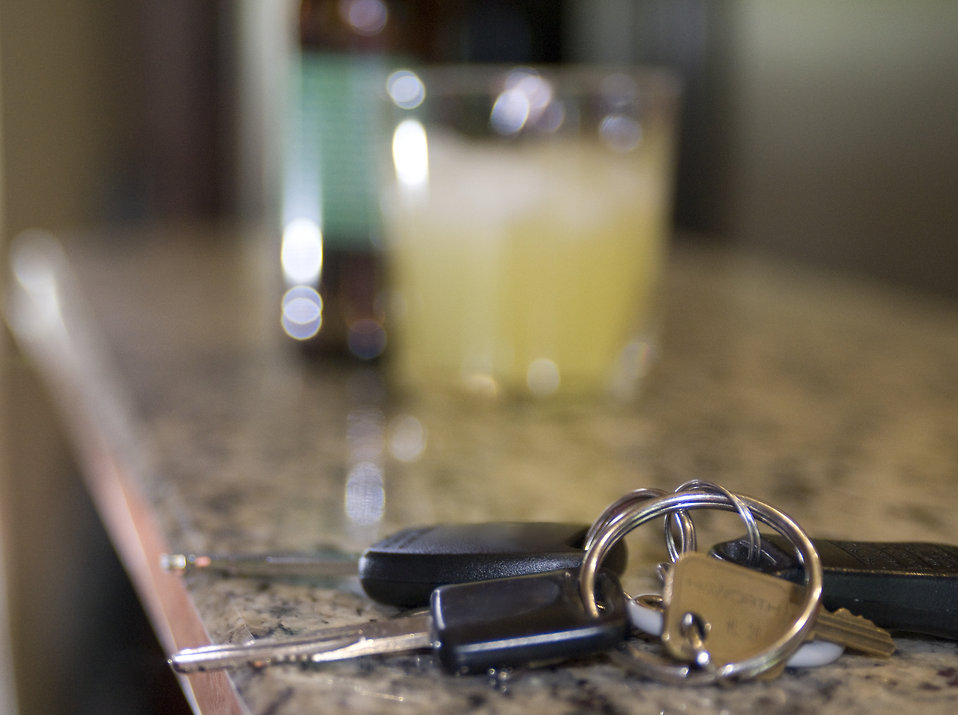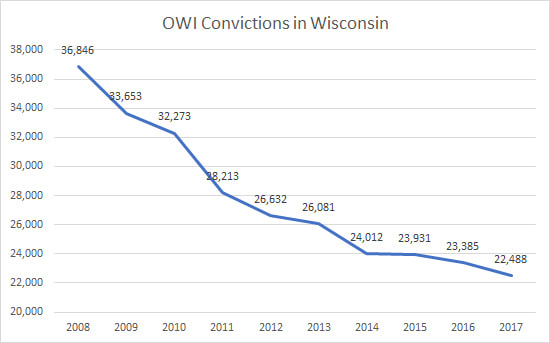Tougher Drunk Driving Laws Proposed
Criminalized first offenses and fines that could devastate the poor, ACLU says.
State legislators have introduced a package of drunk-driving proposals that would increase minimum prison terms for people with five or six drunk driving convictions and criminalize first-offence drunk driving, which now is considered a civil ordinance violation.
Another bill would impose financial penalties on some alleged first-time offenders that are not levied on those charged criminally with operating while intoxicated as a repeat offender (second offense or greater).
Currently, those convicted of their fifth or sixth drunk driving offense face a minimum of six months’ incarceration and a $600 fine. The proposed bill would require a prison term of at least 18 months.
The bill criminalizing first-offense drunk driving would make it a misdemeanor, punishable by up to 30 days incarceration and a $500 fine.
Offenders could petition to have the criminal charge converted to an ordinance violation if, after five years, he or she has not committed any new drunk-driving violations.
Another bill in the package would impose a minimum mandatory term of five years in prison for homicide by intoxicated use of a vehicle. A judge could waive the minimum sentence if the person killed was a passenger in the drunk driver’s car and the judge found that a lesser sentence was in the best interests of the community and the public would not be harmed.
And yet another bill establishes an absolute sobriety requirement for snowmobile drivers under the age of 21.
One proposal, apparently an alternative to criminalizing first-offense drunk driving, would require drivers who receive tickets for first-offense drunk driving to appear in person in court to enter a plea. The court would be required to enter a default judgment and assess a $300 surcharge against anyone who fails to show.
Defendants in criminal drunk driving cases do not face surcharges if they miss a court appearance.
The in-person requirement and the punitive surcharge would have “devastating consequences for those who live below the poverty line,” said Emma Shakeshaft,” an Equal Justice Works Fellow with the ACLU of Wisconsin.
“These punitive practices…really create a two-tiered system of justice,” she said. Those with higher incomes won’t feel the pain of a $300 surcharge as much as will poorer people, who also may have transportation or childcare issues, unstable jobs and less flexible work schedules, she said.
There are about 430 municipal courts around the state; many operate only a few hours a week or month, and some have schedules that vary. Municipal court judges do not have to be lawyers.
Gretchen Schuldt writes a blog for Wisconsin Justice Initiative, whose mission is “To improve the quality of justice in Wisconsin by educating the public about legal issues and encouraging civic engagement in and debate about the judicial system and its operation.
Court Watch
-
No Unemployment Benefits For Worker Making Homophobic Remarks
 May 17th, 2022 by Gretchen Schuldt
May 17th, 2022 by Gretchen Schuldt
-
Appeals Court Upholds Injunction Against Abortion Protester
 Mar 13th, 2022 by Gretchen Schuldt
Mar 13th, 2022 by Gretchen Schuldt
-
80% of State’s Judicial Races Uncontested
 Feb 20th, 2022 by Gretchen Schuldt
Feb 20th, 2022 by Gretchen Schuldt



















